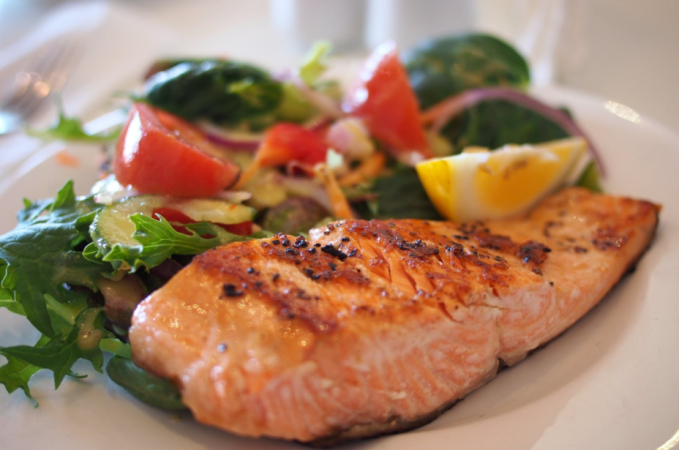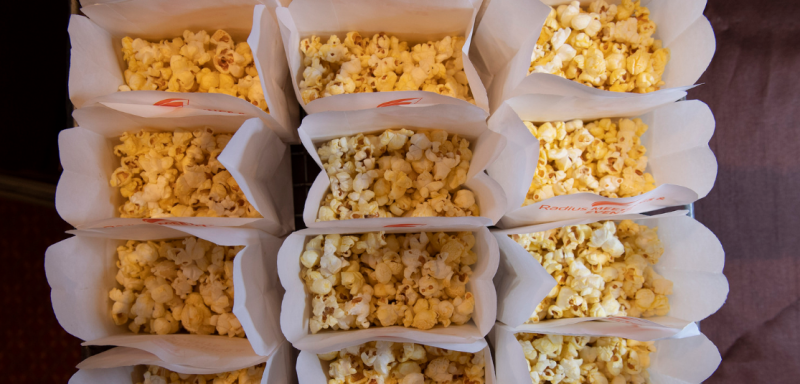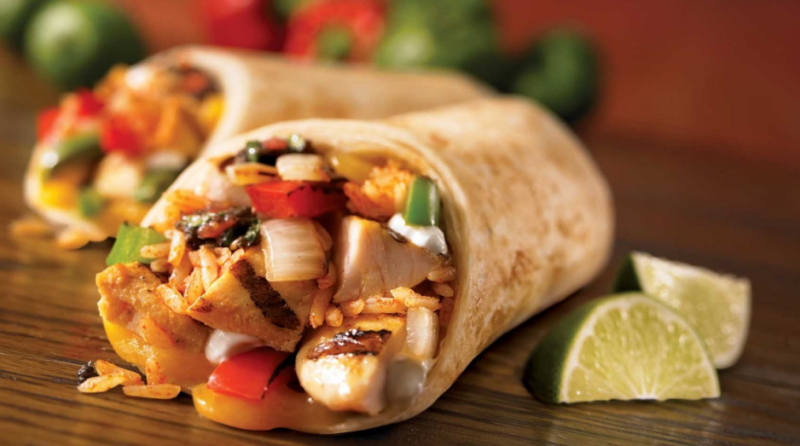Event planners have to know everything. They create events that include location, food, content and all of these factors can work for the event or against it. Take food. When feeding a large group of people, event planners have to take into account diet trends, food allergies, and general dietary restrictions. It’s not all about finding food that fits into your event budget but making sure that there are options for all attendees.
![dietary restrictions at events]()
![plan for food allergies]()
![food for your events]()

Find Out About Dietary Restrictions and Allergies Before the Event
An event can be an afternoon, a day, a week and while length may vary, one thing events have in common is that almost all of them offer food. People get hungry, after all. A main rule of thumb for events is to include a question during registration to find out if an attendee has an allergy. That way, you can accommodate the allergy or dietary restriction. If you don’t know until you’re onsite, there won’t be much you can do to remedy the situation. Always include information on the food served with common allergies so that attendees are aware of what’s in food if you aren’t able to accommodate every request individually.What are Food Allergies?
An allergy is a reaction the body has after eating a specific food. Reactions depend on the severity of the allergy and the amount of the food consumed. You have to be incredibly careful when dealing with food allergies as those with severe allergies can have a life-threatening reaction to a tiny amount of the food. This is why labeling the allergens in food served is critical. If anything, err on the side of caution. An allergy is a dietary restriction because it provides dietary limitations.Common Food Allergies
- Peanut
- Gluten
- Dairy
- Nut
- Tree Nut
- Eggs
- Shellfish
- Soy
- Fish

What are Dietary Restrictions?
A dietary restriction is a limitation on what a person can eat. While some are spurred by allergies, others are based on social choices, lifestyle changes, and health crazes. In this sense of the definition, a dietary restriction won’t be life-threatening, but that doesn’t mean you shouldn’t pay attention.Common Dietary Restrictions and Popular Diets Vegetarian
Vegetarians don’t eat meat for moral, religious, or health reasons.Pescatarian
Pescatarians don’t eat meat, but they do eat fish.Vegan
Vegans don’t eat meat or any animal byproducts. Some foods that people often forget about when cooking for a vegan: eggs, honey, butter, gelatin, and more.The Paleo Diet
While more of a lifestyle choice, the PaOn the Paleo Diet, you eat the way people did back in the days of hunter-gatherers. You can eat meat, fish, eggs, vegetables, fruits, nuts, seeds, herbs, healthy fats, and oils. You can’t eat processed foods, sugar, soft drinks, grains, most dairy products, legumes, artificial sweeteners, vegetable oils, margarine, and trans fats.The Ketogenic Diet
This is a diet low in carbs and high in fat. There are a few variations of the diet, but in general, those on it avoid sugar, grains, fruit, beans, root vegetables, unhealthy fats, and alcohol and eat meat, fatty fish, eggs, butter, cheese, nuts, low-carb veggies and more.The Whole30 Diet
The Whole30 diet is everywhere. It’s not a long diet, but you never know if your event will fall in the middle of attendees 30 days. In the diet, you avoid sugar, alcohol, grains, legumes, dairy, carrageenan, baked goods, or junk foods for thirty days.





